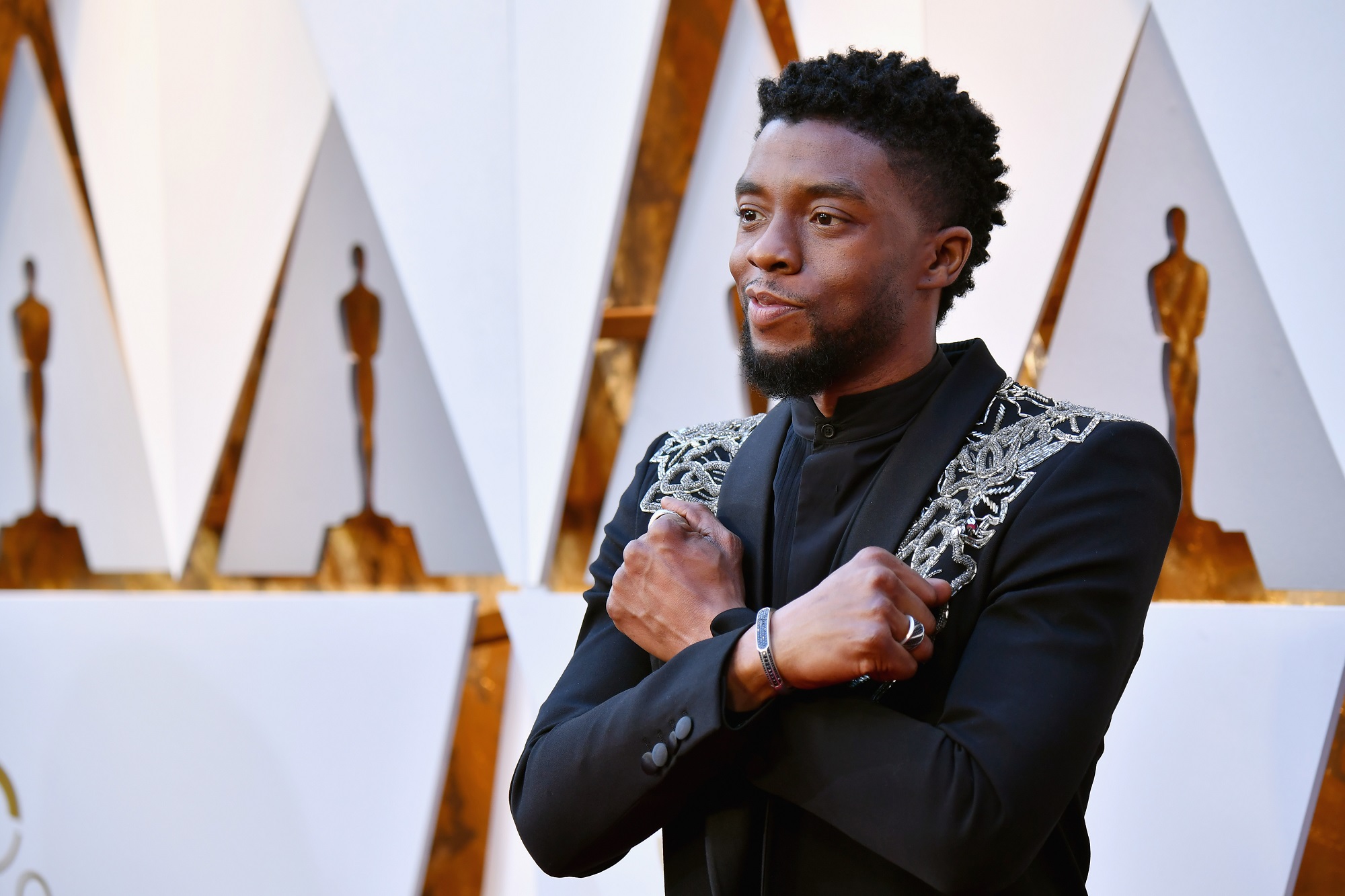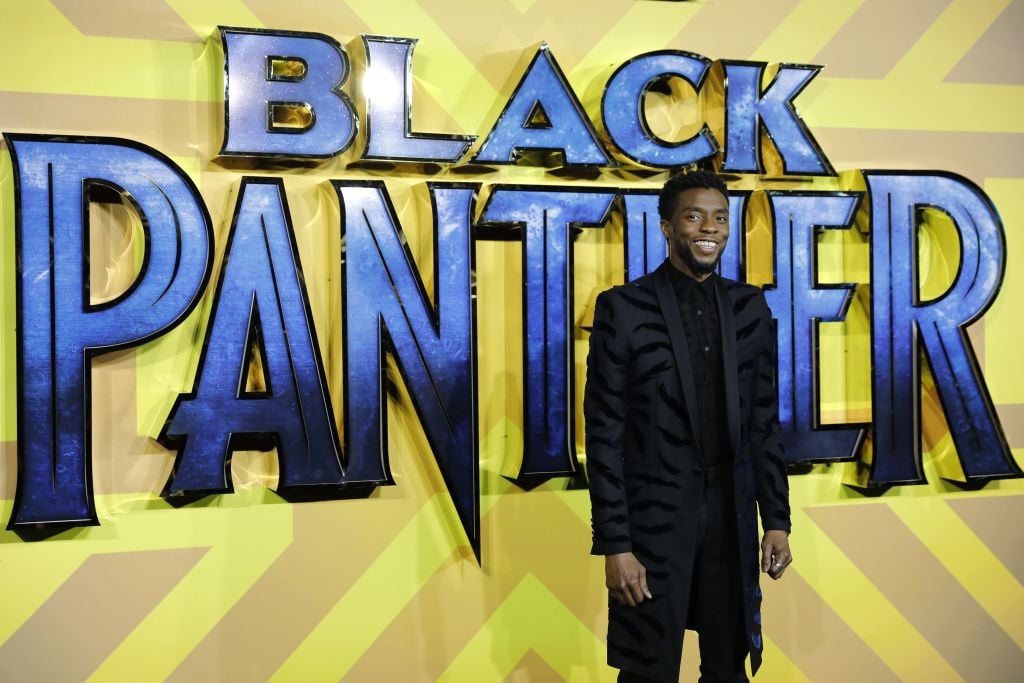‘Black Panther’ Star Chadwick Boseman Loved Doing the ‘Wakanda Forever’ Salute, Except When Fans Did This
Chadwick Boseman changed the world when he took on the role of King T’Challa in the Marvel blockbuster Black Panther. So many people had been waiting to see the superhero brought to life on-screen, and he inspired countless fans of all ages and colors to find the strength that lies in all of them.
‘Black Panther’ takes place in its own country with its own traditions
Black Panther takes place in the fictional country of Wakanda, located somewhere in sub-Saharan Africa. The world of Black Panther differs from the rest of the Marvel Cinematic Universe — and Hollywood in general — by centering Black people and making them the stars of their own story.
One of the many traditions in Wakanda is the “Wakanda Salute,” which involves crossing your arms in the shape of an X over your chest. As the one who brought T’Challa to life, Chadwick Boseman was a real-life superhero to so many people and not just someone who plays one on-screen. And as a result, he could be seen at many events and with many different people doing the Wakanda Salute over and over and over. But he sometimes faced scrutiny for his expressions every time he did it.

Chadwick Boseman was scrutinized for how he did the Wakanda Salute
Chadwick Boseman became a meme after the release of Black Panther because of his apparent lack of interest in the Wakanda Salute, and the “over it” look that he often had on his face. Unless he was serving face and an intense expression as if he was T’Challa himself on the red carpet, people didn’t buy that he actually cared anymore.
In an interview with Stephen Colbert, Boseman explained that the salute is inspired by Egyptian pharaohs, and is a display of power as well as a potential fighting stance.
Colbert also brought up the meme-ification of his apparent lack of interest in doing the salute in public after doing it so many times in the aftermath of Black Panther. “I thought that was funny,” he laughed. “If I was in the military and I did this every day, I’m not going to do it the same every time. Sometimes it’s more pedestrian than others.”

Chadwick Boseman didn’t want to be ‘tap dancing’
While Boseman had fun with it, he did become annoyed when people would ask him in a certain way to do the Wakanda Salute. He explained this in an interview with The Breakfast Club last year when asked if he was sick of doing the Wakanda Salute and if Black Panther was overshadowing the rest of the career. “I don’t want to get sick and tired of hearing it,” he said. “[Wakanda] is an ideal to reach.”
“I don’t get upset when people ask me to do [the Wakanda Salute],” he continued. “I get upset when people ask me to do it like I’m tap dancing.” Tap dancing, when referring to Black people, is an old racial stereotype where Black men tap danced and entertained their white audiences, often playing to racist stereotypes of the time. He said people have asked him to “‘Do that Wakanda thing!'” before, to which he had one simple answer: “I’m not tap dancing for you!”


